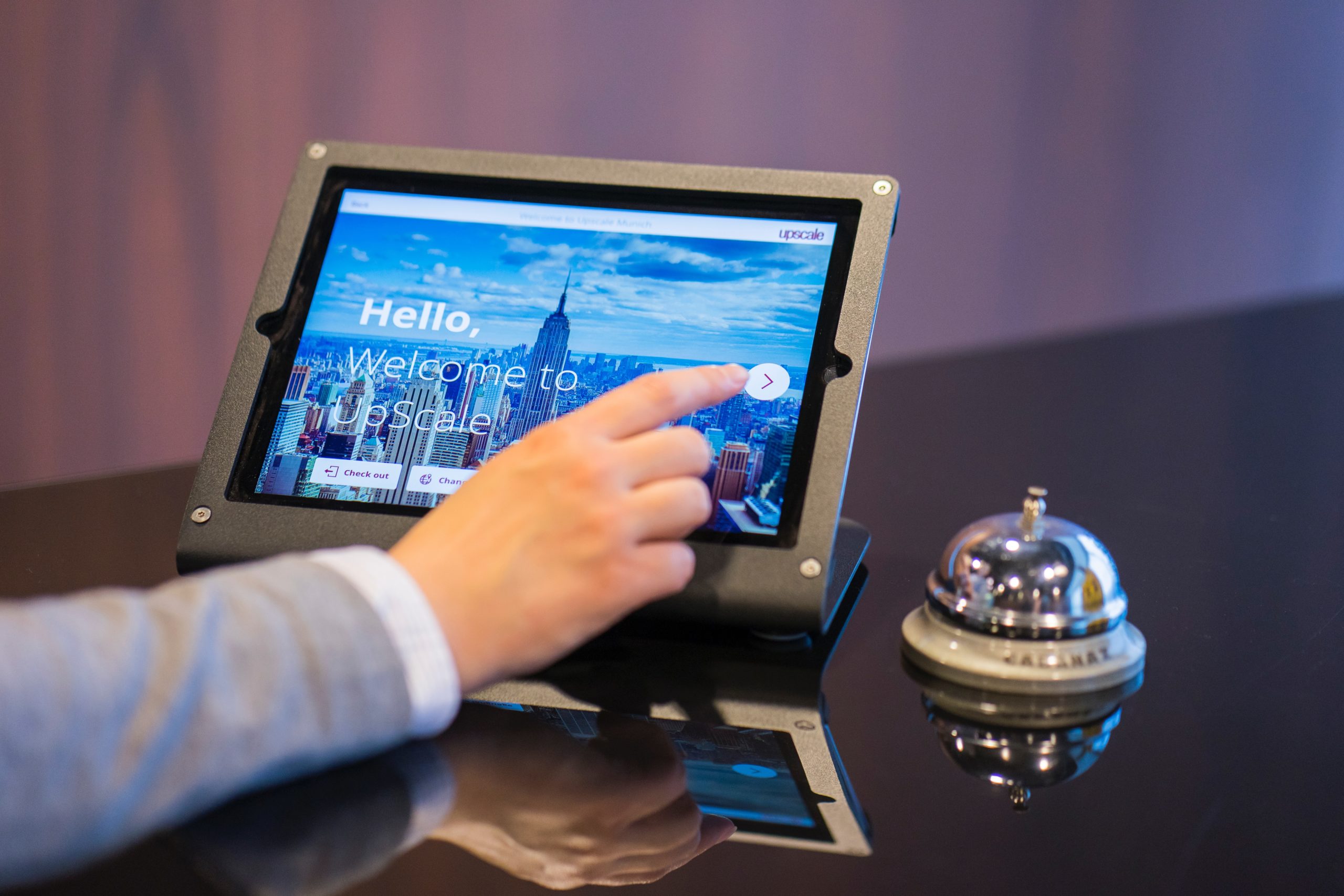The functionality and design of your website has a major impact on your hotel’s ability to attract and convert potential leads. Users today are fickle—51% of U.S. shoppers will abandon an online purchase due to a slow site load time and 38% of visitors will leave a site if the content is too long or unattractive.
Incorporating the right features into your site can allow you to manage it more easily while attracting customers. To boost your conversion rate, consider these three crucial site features.
Analytics
Web analytics are a useful resource that can help increase your site’s quality. Through tools like Google Analytics and Facebook Pixel, you can gather valuable data about how users are interacting with your website. To gauge the impact your site is having on your business, monitor these metrics:
- Traffic sources: Where your visitors are coming from. Sources can include organic search, paid search, direct traffic, social media and referrals.
- Conversion rate: The percentage of site visitors who perform a desired action, such as making a direct booking.
- Bounce rate: The percentage of site visitors who leave your site after viewing only one page.
This data can inform decisions you make about content, user experience and site design. For example, if you notice that your bounce rate is high (over 50%), consider what may be driving visitors away from your website. The problem may be due to confusing navigation or a lack of necessary information like contact details—44% of users will leave a company’s website if they can’t find a phone number or email address. Collecting and interpreting your site analytics is the foundation to making meaningful changes.
Responsive Design
Mobile plays a key role in the hospitality industry—roughly one-third of travelers use a mobile device to book their trips. Optimizing your website for mobile devices means integrating a responsive design, which adjusts the width and height of your site’s layout to accommodate the screen size of your visitor’s device.
Making your site responsive is a simple process. Site builders like Wix and Squarespace provide responsive layout themes that can easily be set up. With a responsive design, you can increase the usability of your site and reduce bounces that occur from navigation issues.
Customized Offers
While OTAs account for a notable portion of indirect bookings, you can increase direct bookings through special site offers. By using an offer engine, you can easily create contextualized offers like flash deals or room discounts to trigger based on a user action, such as when a visitor views your room packages. Well-targeted, personalized content can draw high user engagement, potentially leading to an increase of at least 19% in sales.
Your website’s impact on direct bookings depends on the features you incorporate. Usability is crucial, as it influences the amount of traffic you receive from engaged users and qualified leads. By keeping the user experience in mind, you’ll develop a hotel website that will turn curious visitors into invested guests.
While your website plays a key part in gaining more guests, capitalizing on industry trends can also help your marketing efforts. Find out how you can use these trends to your hotel’s advantage.
Feature Photo: Antonio Guillem / Shutterstock.com




